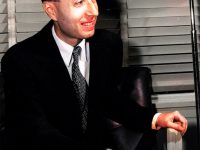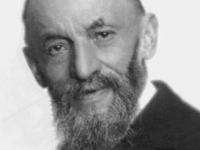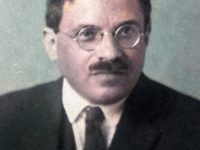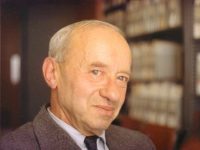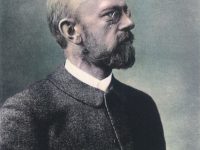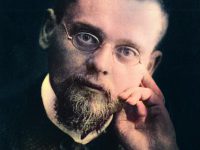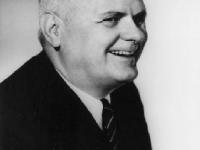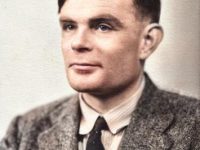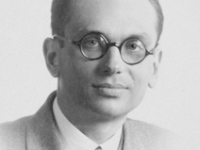Eugene Wigner and the Structure of the Atomic Nucleus
On November 17, 1902, Hungarian American theoretical physicist and mathematician Eugene Paul Wigner was born. He is best known for for his contributions to the theory of the atomic nucleus and the elementary particles, particularly through the discovery and application of fundamental symmetry principles for which he shared the 1963 Nobel Prize in Physics with Maria Goeppert. [4] “A possible explanation of the physicist’s use of mathematics to formulate his laws of nature…
Read more

